Jerusalem
Israel is working to keep the Mediterranean Sea alive
By Itzhak Rabihiya
Development in the Nile River Basin and expansion of the Suez Canal, along with overfishing and increased pollution and tourism, has led to significant decreases in marine biodiversity in the eastern Med; Israel has issued a 3rd research proposal to help shelter the surrounding ecosystems from prevalent human-induced threats according to ZAVIT – Science and Environment News Agency as reported this week (30.7.2019) on
As the buffer between three continents, the Mediterranean Sea has always provided prolific economic and political relationships between Southern Europe, Western Asia, and northern
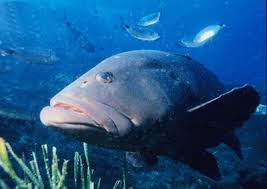
Although the 1995 Barcelona Convention, which calls for protecting the Mediterranean Sea from pollution, was signed by 22 surrounding countries (including Israel, Cyprus, Egypt, Lebanon, Turkey, and Syria), the eastern Mediterranean still struggles to maintain clean waters and its biodiversity.
According to Dr. Adi Levi, a marine ecologist and scientific director at the Israel Society for Ecology and Environmental Sciences, “Over 350 species of invasive fish, jellyfish, algae, ascidians, and mollusks have made their way into eastern Mediterranean waters through the
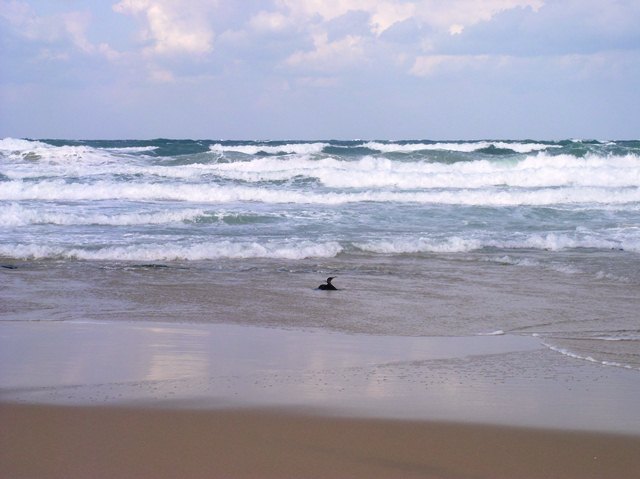
The geography of the
Due to its shallowness, only upper layer Atlantic waters pass through the Strait of Gibraltar and continue to travel eastward through the Strait of Sicily, located off the southern coast of Italy, which is even shallower (maximum depth of 316 meters). Throughout this process, a significant amount of nutrient-rich water remains in the western Mediterranean basin, leaving the eastern
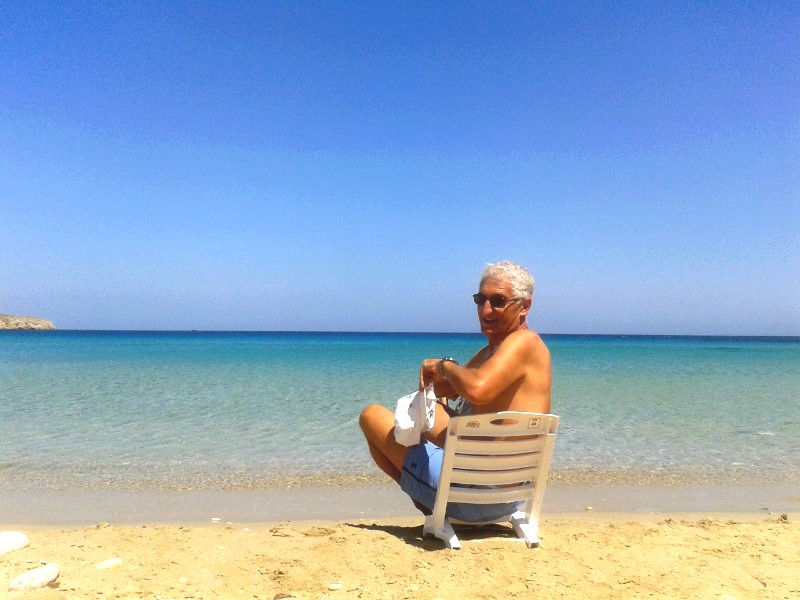
“The aim of the INPA is to get 20% of Israeli coastal waters protected, ideally by 2030,” says Dr. Noga Sokolover, a marine biologist at the Israel Society for Ecology and Environmental Sciences.
Before establishing MPAs, water ownership jurisdiction must be settled.
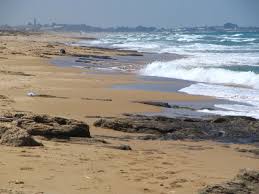
The environmental issue posed here is that
Within the distinctive marine zones, different government bodies are in charge. The Ministry of Internal Affairs is responsible for the proclamation of marine reserves and has jurisdiction over the Coastal Zone. Meanwhile, the Ministry of Economy is in charge of marine economic activity and practices its power mainly in the Contiguous and Exclusive Economic Zones. These ministries have conflicts of interest because what’s best for the economy often is not best for the environment.
“The Ministry of Economy will look for mainly economic issues, and this might set back the Ministry of Internal Affairs. There is a lot of potential to establish MPAs with the Ministry of Economy, but it’s very risky because their agenda can change at any time,” says Sokolover.
While environmental advocacy has managed to urge the Israeli government to completely ban trawling in the north of
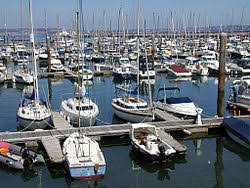
The urgency to establish MPAs began decades ago. The European Environment Agency conducted studies in the 1990s that classified the
Future Mediterranean waters will become saltier and warmer, leading to a further decrease in biodiversity, especially along the eastern basin, where nutrient levels are already minimal.
Tourism, agriculture, and population growth have catalyzed these trends which result in eutrophication of coastal environments (the excessive loading of water bodies with nutrients, dissolved substances containing the elements P, N and Si needed by aquatic organisms for growth) and plastic pollution of coastal waters.
Out of all the major cities in the 22 countries along the Mediterranean coast, Tel Aviv is the third-largest plastic waste contributor to the sea, weighing in at about 21 kilograms of debris per kilometer.
The low biological productivity and biodiversity in the eastern Mediterranean can also be attributed to the Aswan Dam built across the
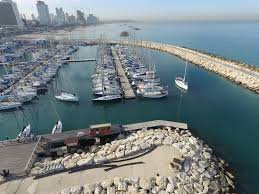
The Yad Hanadiv fund is currently issuing a third proposal for research on how MPAs could benefit the environment. Scientists will focus on specific areas along the Israeli coast from North to South, such as Evtach, Hof Hasharon, Rosh Hanikra, and Atlit. Scientists across
Public support is crucial in the grassroots movement to establish MPAs. Organizations such as the Society for the Protection of Nature in Israel (SPNI) and ANU are considerable stakeholders in garnering public support for environmental awareness. Over the past few years, the SPNI has played a significant role prohibiting trawling in waters shallower than 40 meters, along with other commercial and recreational fishing restrictions that provide protection during mating and recruiting seasons. The organization has an ongoing relationship with the INPA and continues to work on marine environment protection issues.
As a country,
https://www.youtube.com/watch?v=lP1IHIYooN0
Stories for you more +